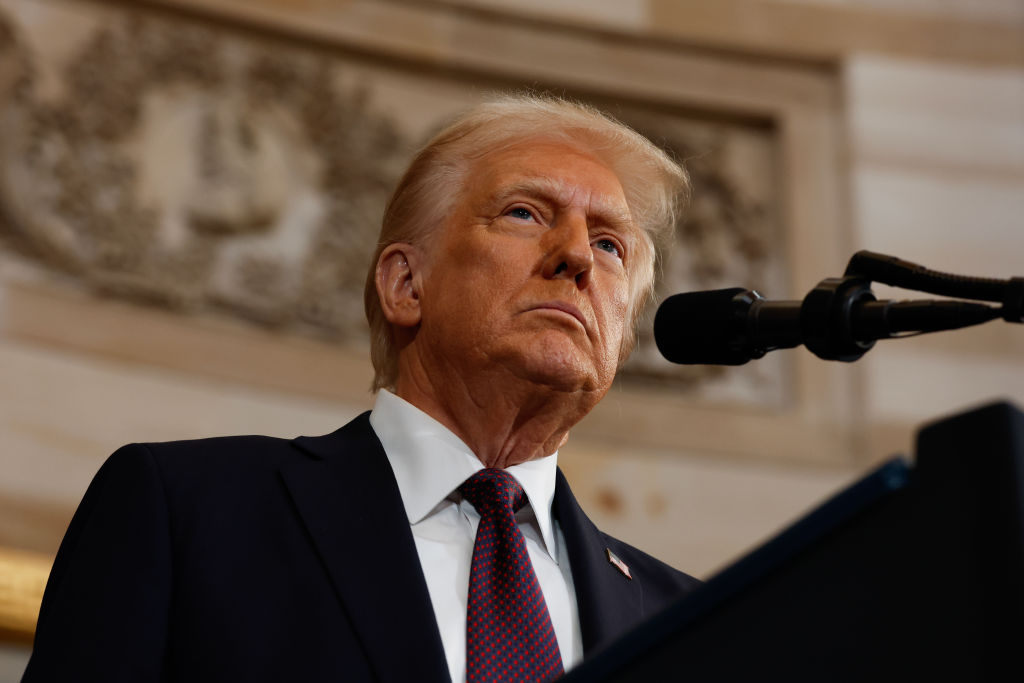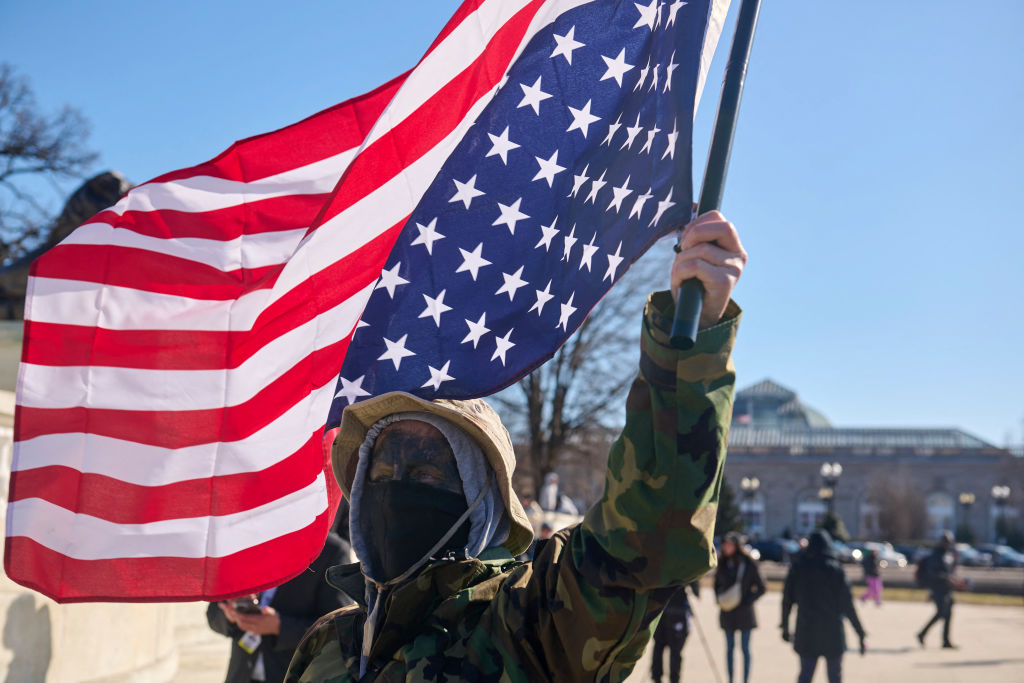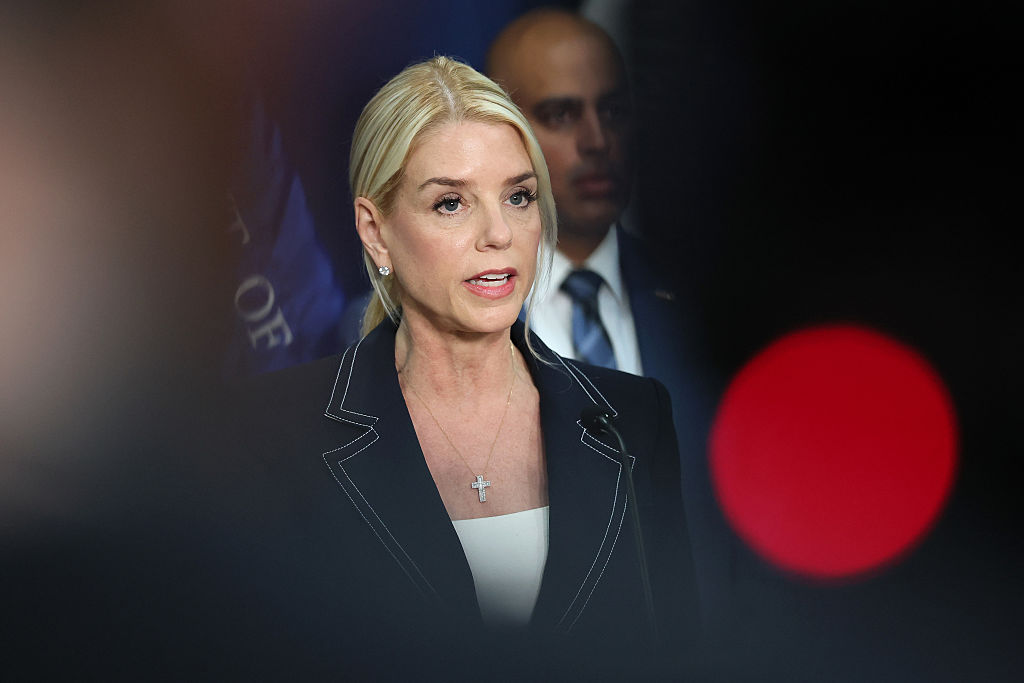To talk or not to talk? This is the slogan that’s doing the rounds among the Islamic Republic of Iran’s politicians, hardliner and reformist. Donald Trump has made it clear he hopes that Iran might abandon their nuclear programme through a deal with Washington. This will, the President said, lessen the need for Israeli bombs to achieve the same end. Yet for all the attention on Trump’s appointees to Pentagon, State Department and White House roles, perhaps when it comes to Iran, we can infer more by looking at those left out in the cold: Mike Pompeo, John Bolton and former Trump 1.0 Iran Envoy, Brian Hook, all of whom were Iran hawks to their bones, who sought to pressure Trump into adopting a particular policy when it came to Tehran. They have paid a price for their stridency. The current coalition of Middle East advisors, from Pentagon to White House to State, span the arc from Dove to Hawk, suggesting that Trump, above all else, simply wants to keep his options open, with talking being his first instinct.
All we can glean so far, from what we’ve heard, is that a deal is desirable. But as with all deals, they must work for all sides. And when we are talking Iran, we are also talking Israel.
Bibi Netanyahu will be the first foreign premier to visit the White House. Top of the agenda will be, one assumes, the Islamic Republic of Iran, its nuclear programme, the state of disrepair of Tehran’s once fabled ‘Axis of Resistance’, and domestic stability across Iran. The Ayatollahs (or Ayadollars, as they are now known in Iran) appear weaker than ever been, at home and abroad. Netanyahu has played spoiler to a generation of White House administrations when it comes to negotiations with the Islamic Republic, rolling out pictures of bombs, pictures of ticking clocks and artfully posing next to caches of stolen nuclear documents from Tehran warehouses to make his point. In short, Netanyahu will be horrified at the merest suggestion of détente or negotiation with Tehran and will present Trump with a picture of a tottering regime in Tehran, intra-elite squabbling amongst Iran’s Islamic Revolution Guard Corps (IRGC), as ageing Ayatollah Khamenei fails to establish his successor.
Now, Bibi will say, is the time for increasing the pressure on Tehran to see where it might lead. Regime change, perhaps.
Given Trump’s stated desire for a deal (and the accompanying photo-op, a la Kim in Singapore), it will be interesting to see how this dynamic plays out. Unless, of course, the deal Trump is minded to offer Tehran will be designed to push Khamenei into a corner from which everyone will struggle to emerge with dignity, stability and power intact.
Iran’s economy is not in rude health. Inflation and unemployment are trending upwards. The value of Iran’s currency is going the other way, and Iran as a nation is scoring alarmingly highly on the Misery Index (a calculation which considers, amongst other things, unemployment, inflation and corruption). The regime is facing severe challenges. Not least when it comes to electric power. Iran, one of the world’s most energy rich nations, is currently unable to heat schools, shops and government buildings.
There are voices in Tehran clamouring for a way out of this never-ending cycle of inflation, unemployment and global isolation. Some of these voices are regime insiders starting to worry about regime survival. The Islamic Republic’s economy would seriously benefit from inward investment, sanctions relief and the possibility of being part of a dollar economy. China and Russia would resent that, however. China benefits from a sanctioned Iranian economy through being able to purchase cheap Iranian energy products. Russia needs Iranian help in its great geopolitical balancing act.
Yet sanctions relief for the mullahs and the IRGC would not be a popular move among Iran’s restive, enraged and highly secular youth, for whom anything that prolongs the life of the regime would be anathema. America must understand this, too, if it wants to curry favour with this demographic in Iran. Amongst the scores of Iranians who oppose the clerical elites, there is the real risk that Khamenei’s acceptance of talks with the US could be interpreted as a sign of regime weakness which, in turn, could kick off more anti-regime protests.
By allowing the Ayatollahs to earn money, Washington would also be playing into the hands of the very people they have seen as enemies for decades; the IRGC and Khamenei’s clique. But sanctions relief for the IRGC and Khamenei could well turn out to be a poisoned chalice for the Islamic Republic, a state mired in corruption from the top down. For every billion invested, perhaps there are one or two billion siphoned off to Geneva or Dubai (or, ahem, London). This cycle of corruption will continue to rot the regime from the inside, potentially hastening its demise. So it could be that the very policy required to save the revolution might also be the one that hastens its demise, all the while enriching a select few at the top.
Iran is a state built on resistance to American cultural and political dominance. It sprang from a revolution whose leading voices were unanimous in their condemnation of American imperialism and the corrupting effects of the Yankee dollar and all that it betokened: servitude, vassalage and so on.
The Islamic Republic’s formative years of war with Iraq saw them fight an enemy armed to the teeth with US weapons and directed by US signals intelligence. The years in between have hardly been characterised by warmth. Trump, who pulled out of the Joint Comprehensive Plan of Action (JCPOA) nuclear agreement and killed the regime’s most favoured son, Qassem Soleimani, embodies the brash, godless American archetype so hated by Tehran. To be in a position where the fate of the Islamic Republic might rest on his whims will be a sobering thought for Tehran’s revolutionary firebrands turned theocratic kleptocrats.
To talk or not? Tehran faces difficult choices both ways. Whatever it decides, 2025 will be a pivotal year for the Islamic Republic of Iran and its opponents. Its allies, too.


























Leave a Reply